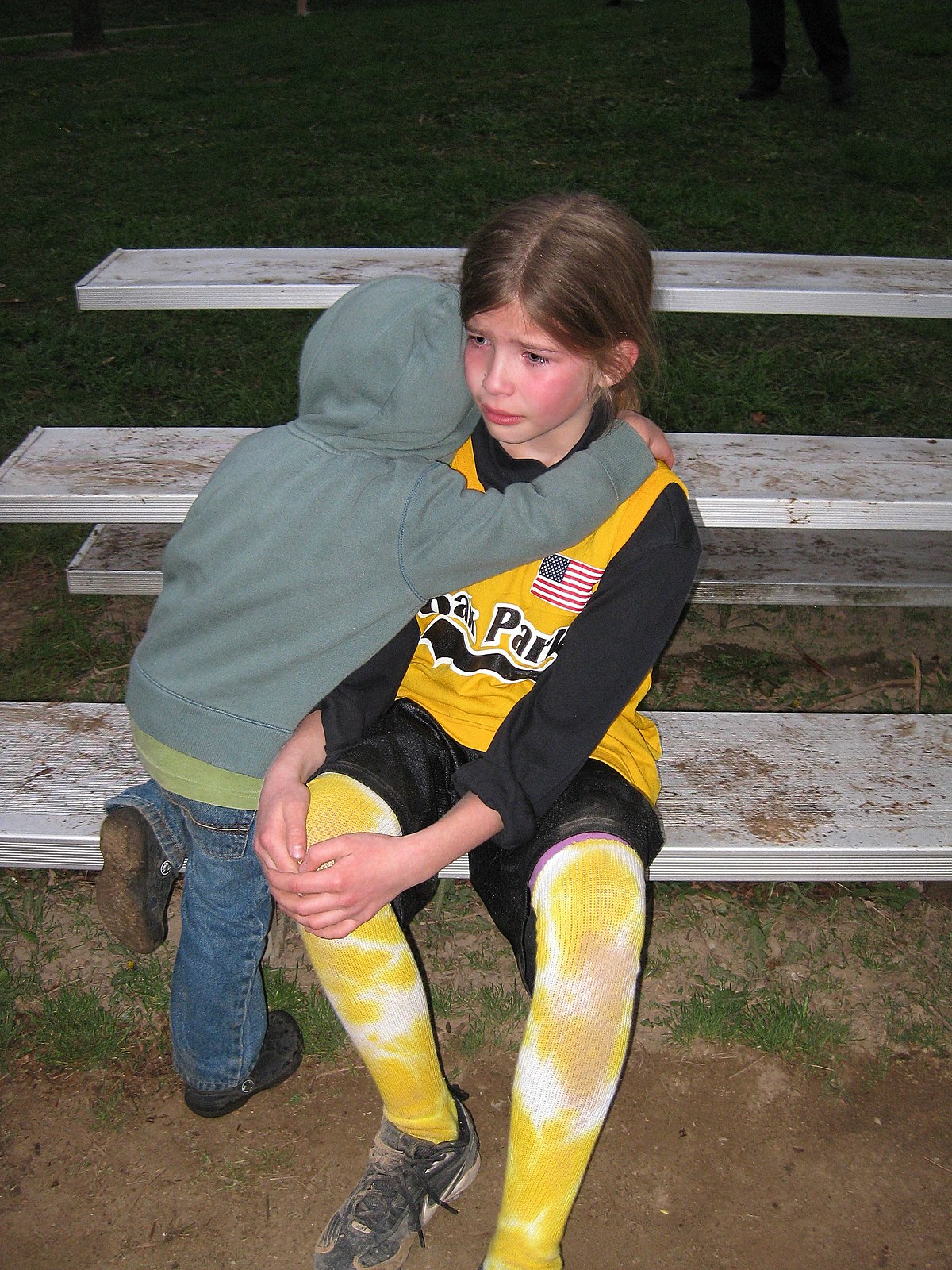X
Xantippe
Guest
Right.Wasn’t saying that. I was saying that if your being a man makes you sufficiently different that whether or not you’d be willing to live under the system designed for women has no bearing on whether it’s suitable for women, then you don’t know enough about women to be able to tell if a system is actually suitable for women.
It’s also a big problem that it’s a system that the designers would never agree to live under themselves.
Like a dinner that the cook won’t eat, this should be very suspicious.
Exactly.It would be fairly obvious that women know what it’s like to be a woman much better than men know what it’s like to be a woman. If a large number of women are saying they’re unhappy under a specific system, that system doesn’t suddenly become good for women because men want it.
Yes. I’m not very impressed with the manospherean style of argument that depends on finding the silliest and worst female writers possible and then assuming that they speak for all women, everywhere.(Or because men exaggerate what women are actually saying and then complain that women don’t desire an over-the-top pastiche of what they said they want.)
And if anybody wants to know what I personally want–I value fairness and respect and I get it. Fairness and respect are two things that the manosphere is never, ever willing to offer women.


